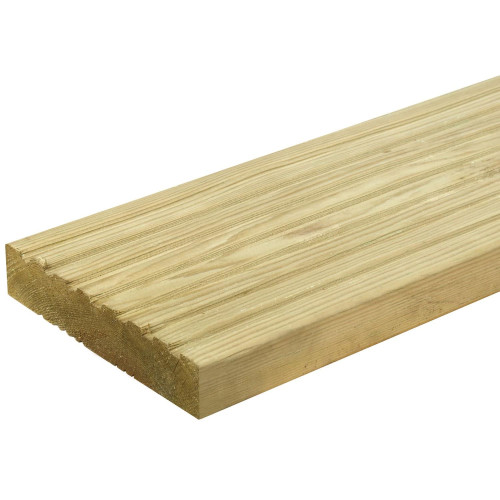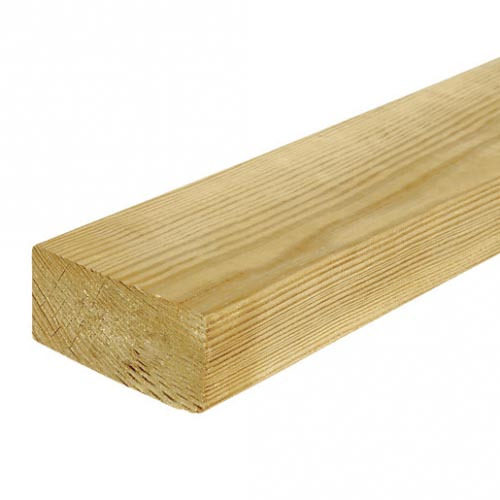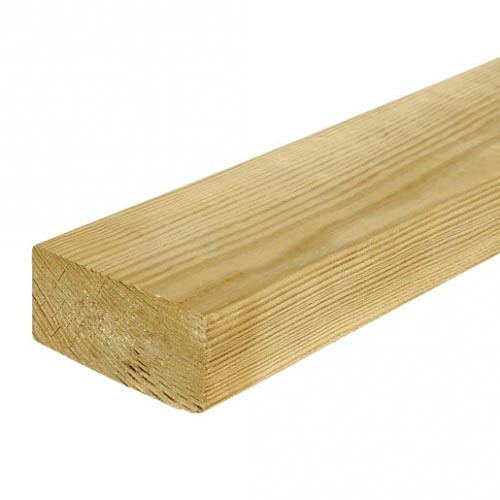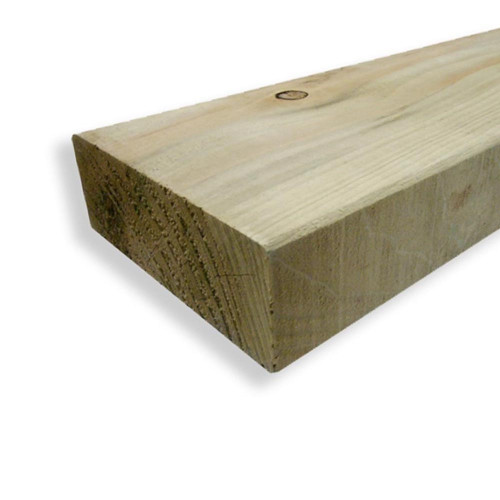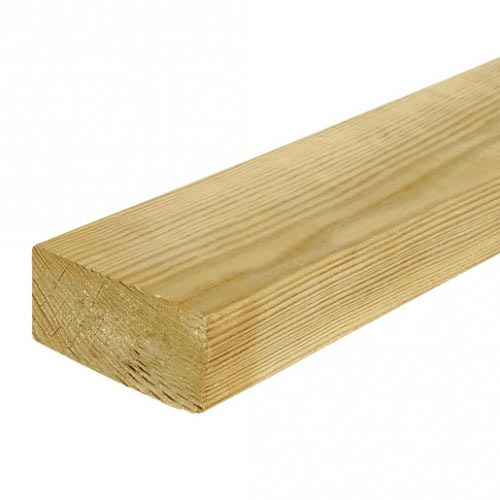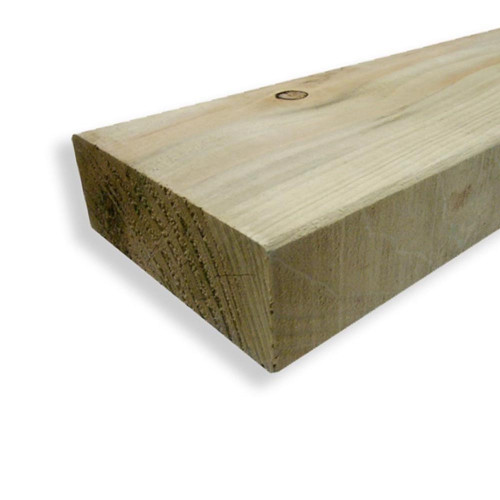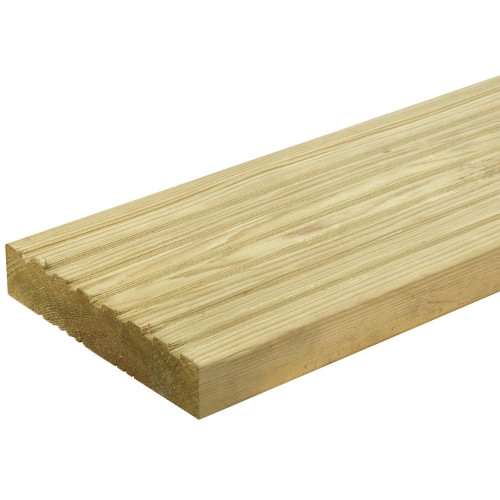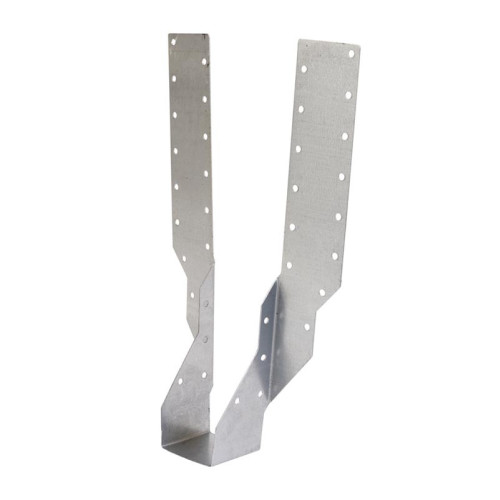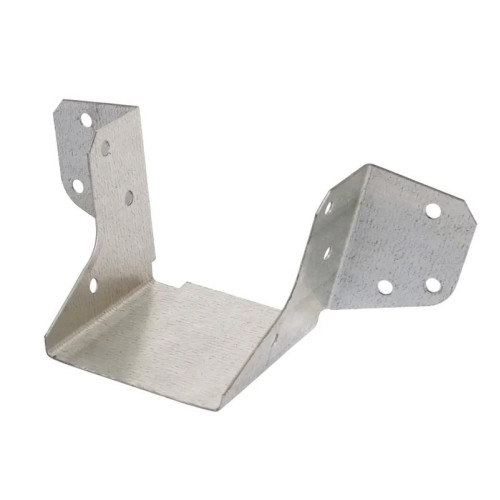Wooden Decking
Wooden decking offers a timeless charm and natural warmth that can transform any outdoor space into a serene retreat or vibrant entertainment area. Ideal for gardens, patios, and pool surrounds, wooden decking blends seamlessly with the natural landscape, providing durability and comfort underfoot.
With options ranging from softwoods to hardwoods, each type offers unique grains, colours, and textures, allowing for customisation to suit personal taste and architectural styles. Whether you're looking for a space to enjoy peaceful mornings or to host lively gatherings, wooden decking provides a versatile foundation that invites relaxation and enjoyment. Ensure your decking is properly treated and maintained to enjoy its beauty for years to come.




